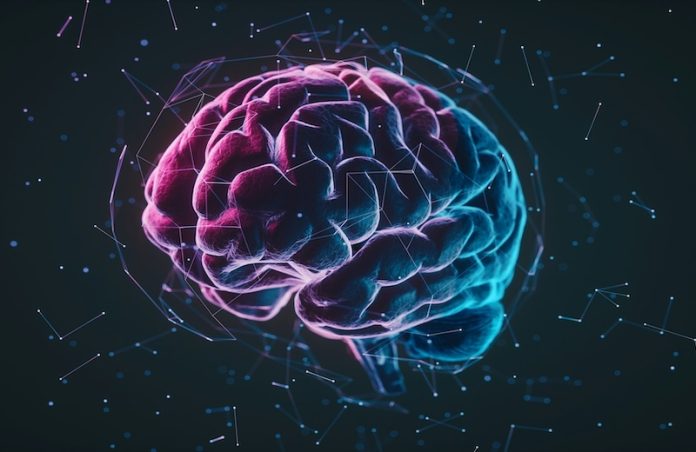
Scientists from the University of Liverpool, led by Dr. David Dickens, have identified innovative strategies to overcome one of medicine’s greatest challenges: the blood–brain barrier.
Their research, published in The Lancet Neurology, outlines promising techniques to deliver effective treatments for conditions such as Alzheimer’s disease, Parkinson’s disease, brain tumors, and epilepsy.
The Blood–Brain Barrier: A Double-Edged Sword
The blood–brain barrier is a highly selective shield that protects the brain from harmful substances in the bloodstream. While this barrier is vital for brain health, it also blocks more than 98% of small-molecule drugs and nearly all larger therapeutic agents, severely limiting treatment options for neurological diseases.
This poses a significant obstacle for patients who urgently need effective therapies for brain-related conditions.
Promising Strategies to Overcome the Barrier
In their study, Dr. Dickens and his collaborators reviewed recent breakthroughs that demonstrate how to safely and effectively bypass the blood–brain barrier. These strategies include:
- Ultrasound Technology: Focused ultrasound, paired with tiny bubbles injected into the bloodstream, temporarily opens the blood–brain barrier. This allows medications to penetrate the brain. Early trials have shown promise in enhancing drug delivery for Alzheimer’s disease and brain cancers like glioblastoma.
- Nanotechnology: Tiny nanoparticles can carry therapeutic agents across the barrier directly to brain cells, minimizing side effects. These particles are engineered to deliver drugs precisely to their targets.
- Targeted Drug Delivery: Researchers are developing methods that use the body’s natural transport systems to guide medications across the barrier to affected brain regions. This approach reduces off-target effects and enhances treatment precision.
- Direct Brain Injections: Advanced delivery devices enable precise injections of drugs or therapeutic viruses directly into the brain. This method is being explored for Parkinson’s disease and brain tumors, where localized treatment is critical.
Early Successes and Future Potential
Preliminary clinical trials have already demonstrated encouraging results. For example:
- Focused Ultrasound: This technique has increased drug penetration in patients with glioblastoma and brain metastases, paving the way for improved cancer treatments.
- Targeted Drug Delivery: Early studies show promise in delivering medications to aggressive brain tumors while sparing healthy brain tissue.
Dr. Dickens, a lecturer in Pharmacology & Therapeutics at the University of Liverpool, emphasized the significance of these advances: “The blood–brain barrier has long been a bottleneck in treating neurological diseases. These cutting-edge approaches are enabling us to bring treatments directly to the brain, improving efficacy and reducing risks.”
His lab has developed advanced cellular models of the blood–brain barrier to simulate drug transport and disease interactions, putting the team at the forefront of this transformative research.
Challenges and the Road Ahead
While these breakthroughs are promising, researchers caution that most of these methods are still in the early stages. Further clinical trials and studies are needed to refine these techniques and expand their application to other neurological conditions.
A deeper understanding of transport processes within the blood–brain barrier is essential for optimizing these approaches.
Dr. Dickens noted, “While we are seeing exciting progress, there remains a need for continued investment in research to refine these techniques and expand their application. These breakthroughs could transform the way we treat brain diseases, offering new hope to millions of patients worldwide.”
Transforming Neurological Disease Treatment
The innovative strategies outlined in this research offer a new pathway for addressing the unmet needs of patients with brain-related illnesses.
By breaking through the blood–brain barrier, scientists are one step closer to delivering life-changing treatments for some of the most challenging neurological diseases, potentially improving outcomes for millions of patients around the globe.
If you care about brain health, please read studies about vitamin D deficiency linked to Alzheimer’s and vascular dementia, and extra-virgin olive oil could boost brain function.
For more information about brain health, please see recent studies about antioxidants that could help reduce dementia risk, and strawberries could help prevent Alzheimer’s disease
The research findings can be found in The Lancet Neurology.
Copyright © 2025 Knowridge Science Report. All rights reserved.



